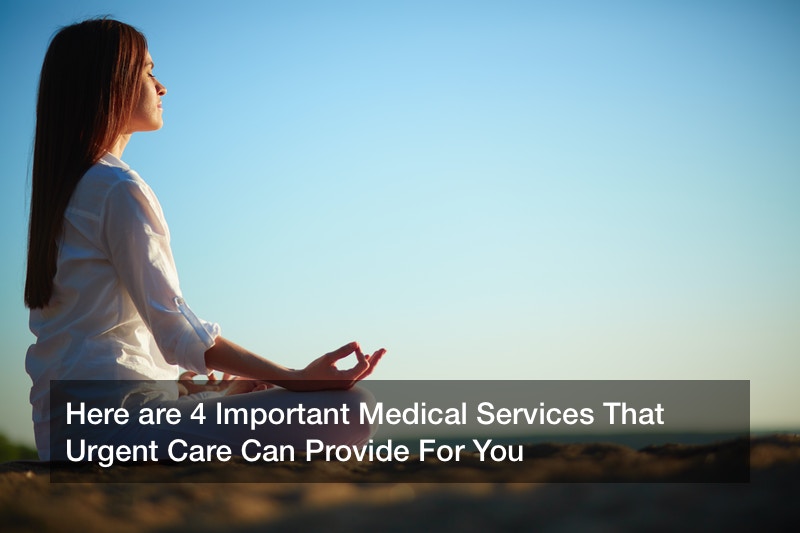The modern American medical industry is a broad and diverse one, and that includes emergency […]
Category: Urgent care center
Here are 4 Important Medical Services That Urgent Care Can Provide For You
Urgent care is a special type of health clinic, in that it allows patients to […]
What Are You Doing to Be Your Healthiest Self?
It is important to show your confidence, and be proud of who you are, but […]
Heart Disease Is America’s Biggest Health Issue Why You Should Meet With A Cardiologist In 2019
Heart health is an issue many Americans are familiar with, in one way or another. […]
Why Regular Breast Cancer Screenings Are Important
A woman living in the U.S. has a one-in-eight lifetime risk of being diagnosed with […]
Advantages of Going to Urgent Care
With the growing popularity of urgent care centers, many at least know they exist, but […]
The Importance of Understanding the Difference Between Emergency and Urgent Care
If you have injured yourself, or you’re not feeling well, your first move may be […]



